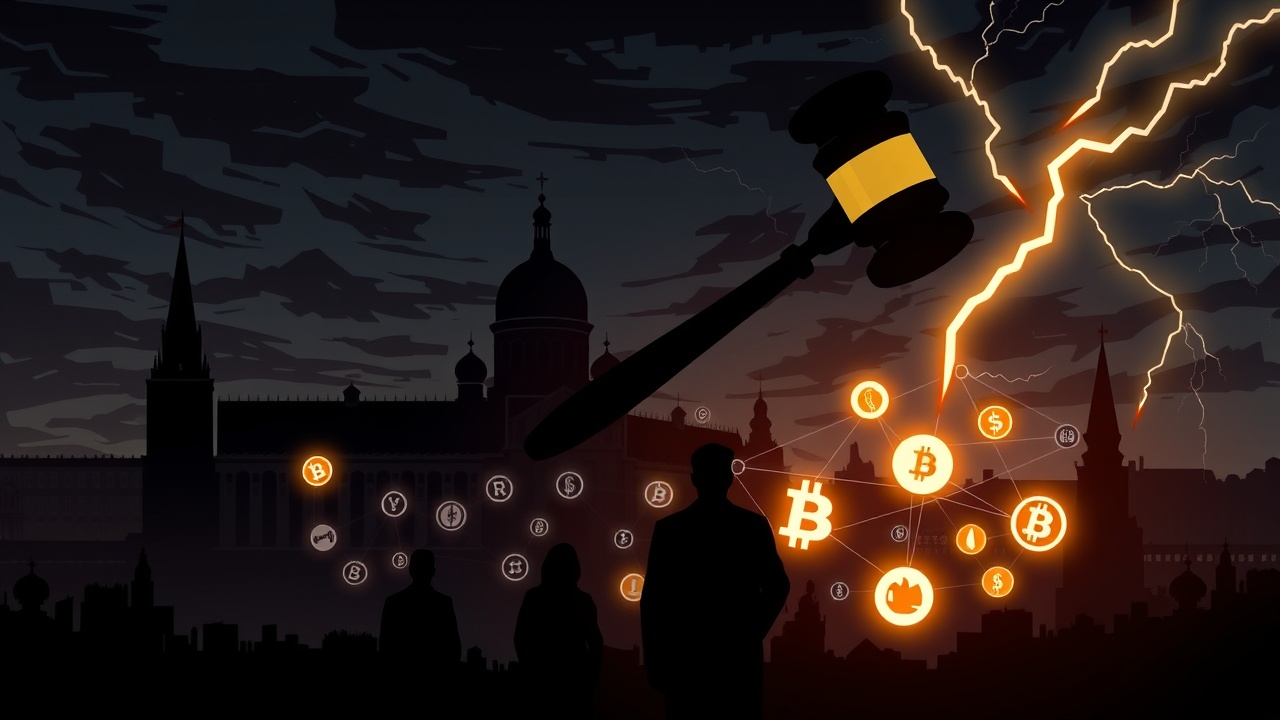Russia’s Legislation on Digital Currency Seizure
In a significant move towards regulating digital currencies, Russia is drafting new legislation aimed at outlining the requirements and processes for seizing digital assets. This initiative comes amidst challenges posed by the anonymity and decentralized nature of these assets, as pointed out by the Ministry of Justice. During the recent 13th St. Petersburg International Legal Forum, officials discussed the implications of emerging technologies in criminal activities and emphasized the necessity for a comprehensive legal framework governing confiscation procedures.
Key Features of the Proposed Legislation
Deputy Minister of Justice Vadim Fedorov highlighted that the upcoming legislation would categorize digital assets as property subject to arrest and seizure. To address safety concerns specific to digital currencies, the proposal aims to introduce distinct requirements. Among these is the intention to confiscate physical hardware, such as wallets, which contain the access keys to the digital currencies involved in illicit activities.
Furthermore, Fedorov elaborated on the procedural measures that would be implemented, which include involving specialized experts to oversee necessary actions to secure digital assets for potential confiscation or compensation to victims. This structured approach underscores the recognition of the complexities associated with seizing digital currencies—unlike traditional cash and valuables, digital assets cannot be physically collected and stored in a conventional manner.
Broader Context and Implications
The proposed measures will target local actors engaged in cryptocurrency crimes and follow previous legislative efforts to establish clearer regulations for digital asset usage in Russia. This ongoing push for regulation reflects a broader global trend of governments adapting to the evolving landscape of cryptocurrency, solidifying frameworks that address both their opportunities and risks.
“… the complexities associated with seizing digital currencies—unlike traditional cash and valuables …”




